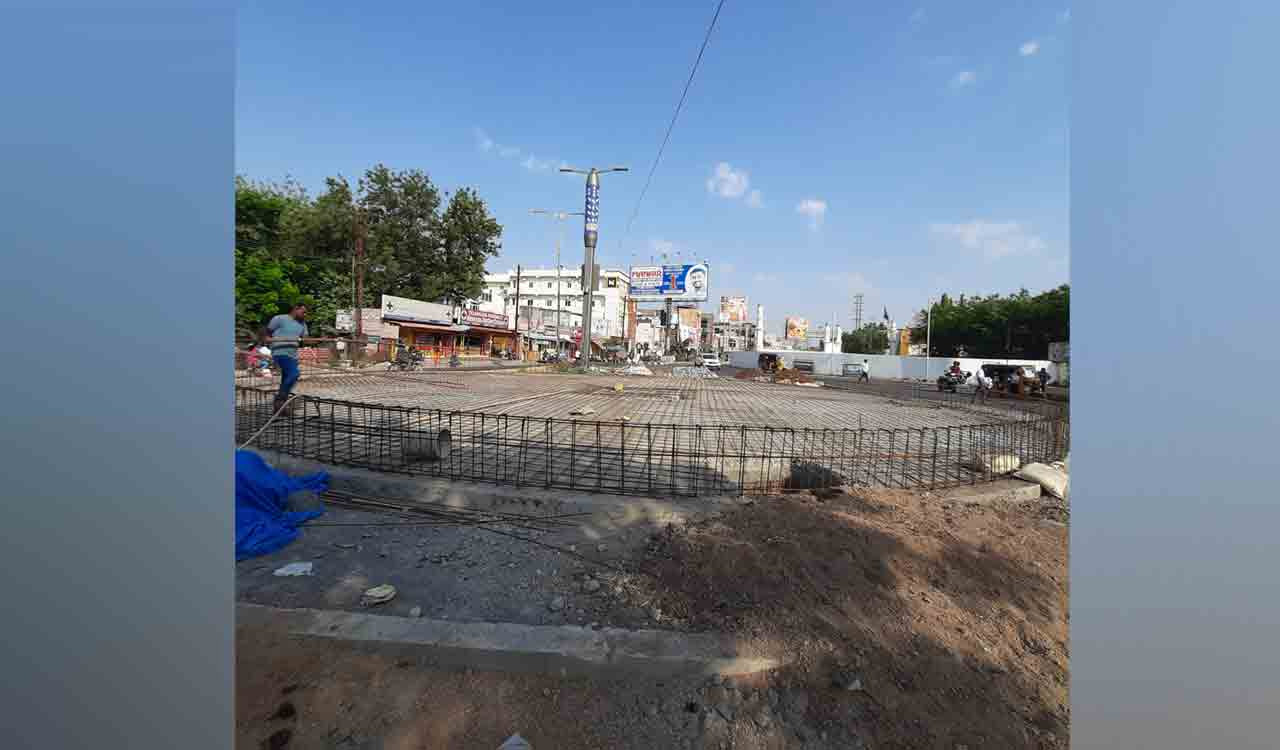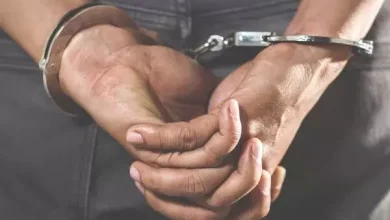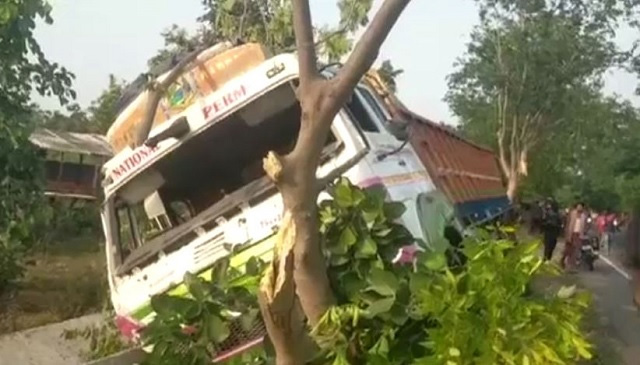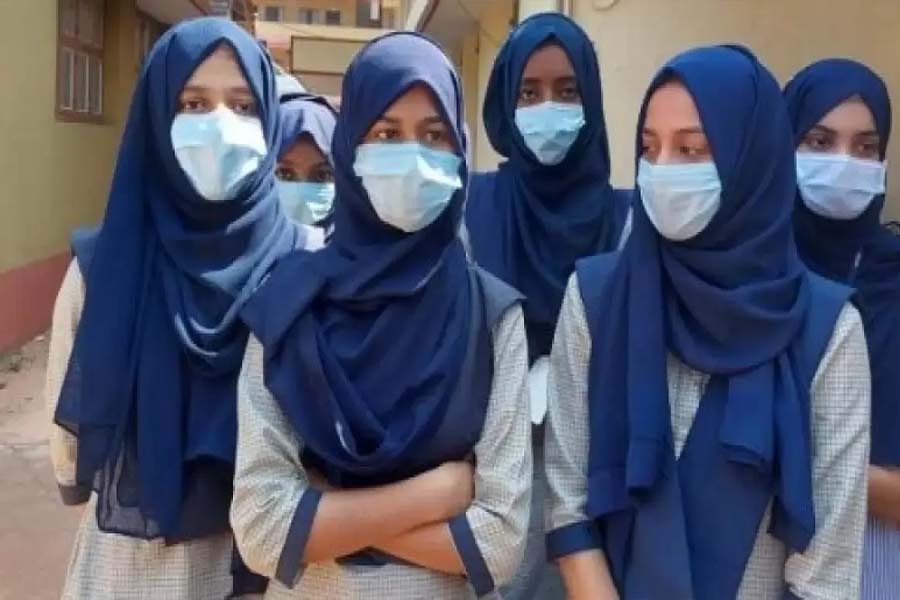‘Traffic safety should be taught in primary schools’: Bengaluru Police Commissioner
From plans to introduce a curriculum on traffic and road safety in primary schools to cyber crimes, Bengaluru city Police Commissioner B Dayananda touched upon various issues, in a dialogue with the editorial team of TNSE.
Can you highlight the initiatives after taking charge as Commissioner of Police?
I am the 38th police commissioner for Bengaluru. It has been in existence since 1963, so we are in the 60th year of the Police Commissionerate system in Bengaluru. The post itself has a lot of charm and challenge. A lot of powers are also vested. We have the executive magistrate’s powers too. Over the years, the Bengaluru City Police has evolved, and all the previous police commissioners have contributed and it is being continued.
How will the city benefit from the Safe City Project?
When I took over, the main focus was on Safe City Project that was being implemented. Phase 1 is now complete and Phase 2 is underway. It is an ambitious project by the Government of India. The state government has jointly funded this Rs 667 crore project. Nearly 7,500 cameras have been put up all across the city, while the new command centre is going to come up next month. All our existing police control rooms and 112 Hoysala Control Room will come under this centre. All these cameras at the backend have artificial intelligence, facial, and automatic number plate recognition. We hope that this will be a game-changer for the city police.
What is Loka Spandana?
To make policing people-friendly, we have introduced ‘Loka Spanadana’ — a public feedback system on the services of the police. At any police station in the city, anyone can independently and in a simple, speedy way give feedback on how he was treated at the police station. He can rate the police station and also leave his comments about the policemen or any issues he faced at the station. We have given a QR Code in the police station and it can be scanned to give feedback by answering 12 to 14 simple questions. At the backend, all these are aggregated, and gets monitored up to the commissioner level.
How is the response?
More than suggestions, the responses are about the delay in addressing people’s grievances at police stations. Around 85-87% of the people have given positive and satisfactory replies. For 243 Hoysala-controlled vehicles, we have public feedback. Even for the 112 emergency number, we have the feedback call and the rating is taken.
Should all complaints be registered as FIRs, given that there are discrepancies between the reported data and the actual number of cases recorded?
All complaints must be registered. The law demands that every cognisable offence has to be registered, investigated, and has to go to court. We have to adhere to the law of the land and we have no other option.
How do you describe the city as a police commissioner?
As long as there is society, there will be crimes. Crime control is like shaving. Nobody can say they have eradicated the crime from the city or jurisdiction or controlled it completely. We have to shave every day, if we don’t shave for one day it will grow a little bit. If you leave it, it will grow.
Are murder cases on rise?
Statistically, murders are coming down. All traditional crimes are coming down. We are seeing a shift from conventional to unconventional crimes like cyber crimes and economic offences… from bloody crimes to bloodless crimes, faceless, borderless, and anonymous crimes. Forget about blood, even the crime scene is not there.
Traffic is the biggest problem in the city. What is it that we are lacking to solve it?
Bengaluru has a large number of vehicles. We have about 1.2 crore vehicles registered in Bengaluru as of today, plus other vehicles coming from outside. The roads are limited, and we are facing a huge problem capacity wise. What traffic police can do, we are doing, that is to regulate traffic, put up signals at junctions…. We are also working with other civic agencies which are required for transport mobility. It is a herculean challenge. Working from home to work from the office is also adding to the existing traffic problems.
The general observation is traffic problem starts with the individual drivers…
As far as traffic is concerned, there are three ironies involved. Everybody has an opinion about traffic just like cricket in India. The second irony is that everybody thinks the other person is responsible. The third irony is everybody thinks traffic rules apply to others and not to themselves. It is a kind of mindset. Traffic ultimately is a matter of habit. For this, we are trying to change the mindset by visiting schools. We are advocating that traffic safety should be a subject taught in schools so that it is ingrained in students.
At what age is it appropriate to introduce traffic awareness into school curriculum?
We’re considering integrating it into the primary-level curriculum so that by the time students reach the eligible driving age, they will have already dev





